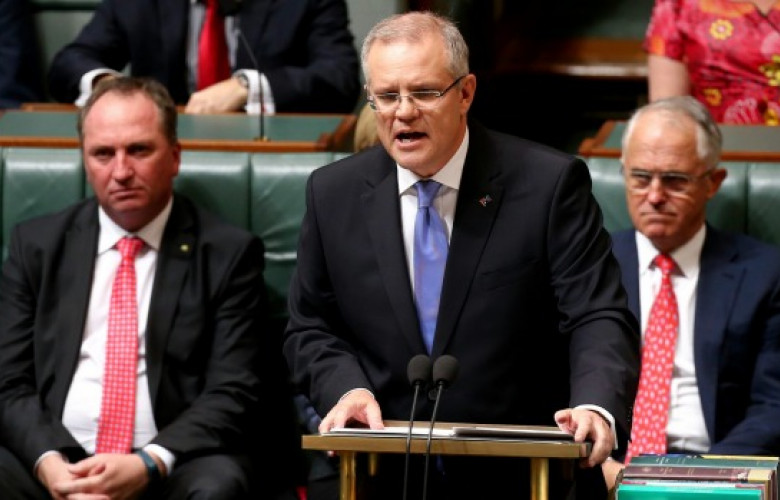Property budget welcomed in lead up to election
Contact
Property budget welcomed in lead up to election
Certainty around negative gearing, modest tax cuts, and infrastructure spending will boost housing and construction, without alarming voters.
Delivered weeks before an election and in difficult economic circumstances, tonight's federal budget travels a safe path designed to stimulate growth but not alarm voters.
As expected, the government has left negative gearing alone. In his budget speech, Treasurer Scott Morrison, said removing negative gearing, "would increase the tax burden on Australians just trying to invest and provide a future for their families."
He said, "Those earning less than $80,000 a year in taxable income make up two thirds of those who use negative gearing. They are teachers, nurses, police officers, defence force personnel, office workers and tradespeople. We do not consider that taxing these Australians more on their investments, including increasing their capital gains tax, and undermining the value of their own home and investments is a plan for jobs and growth."
The government is also rolling out $50 billion worth of infrastructure spending. The government has earmarked $709 million for two projects. Up to $594 million will go to the Australian Track Rail Corporation for an inland rail project that will eventually connect Brisbane and Melbourne. And $115 million will go towards preparatory works at Badgerys Creek. Another $26.2 million has been committed to begin design work on a rail link to Sydney's second airport site.
The treasurer also committed to new road projects. He said, "In this budget we are adding new commitments for the Ipswich motorway, Monash freeway, Murray basin freight rail and the Perth freight link."
The Housing Institute of Australia, which represents the residential building industry, said home buyers and the housing industry will benefit from the steady path the budget has plotted for the economy and cities.
Graham Wolfe, Chief Executive for Industry Policy of the HIA, said the budget "reflects a measured path to budget recovery that should add to the confidence that the home building industry and its customers need to make home building and renovating decisions."
Wolfe said today's surprise interest rate cut will also support construction and economic activity.
“When combined with the decision taken today to lower the official cash rate, which has already started to flow through to housing interest rates, the budget will help maintain the residential building industry’s capacity to make a significant contribution to employment and economic activity," he said.
Lower company tax rates for small-to-medium businesses will help the construction industry, said Wolfe.
“The reduction in the company tax rate, its immediate extension to businesses with turnovers up to $10 million, and the continuation of the $20,000 asset write-off program, will also help the small businesses that dominate the residential construction industry to grow their employment and investment."
Infrastructure spending is likely to improve our cities, and open up new opportunities.
“The budget measures to support new approaches to funding the essential infrastructure that our cities need to grow, have the potential to unlock fresh opportunities for home buyers and improve housing affordability," said Wolfe.
Wolfe also applauded the government's decision not to tinker with negative gearing settings.
“The government’s commitment to maintaining the current tax regime for rental investors is also a welcome move that will deliver certainty to the market, maintain a steady supply of residential rental properties, and avoid panic decisions by investors that could disrupt the rental market as occurred in the 1980s," he said.





